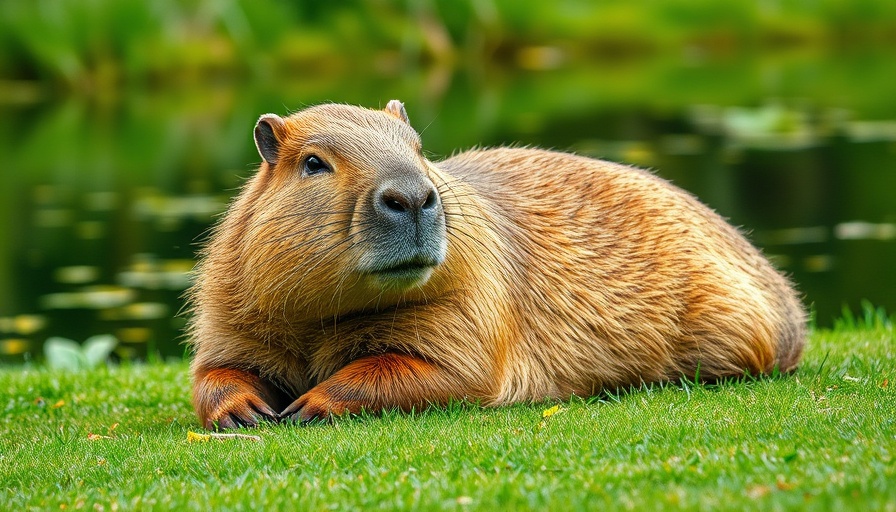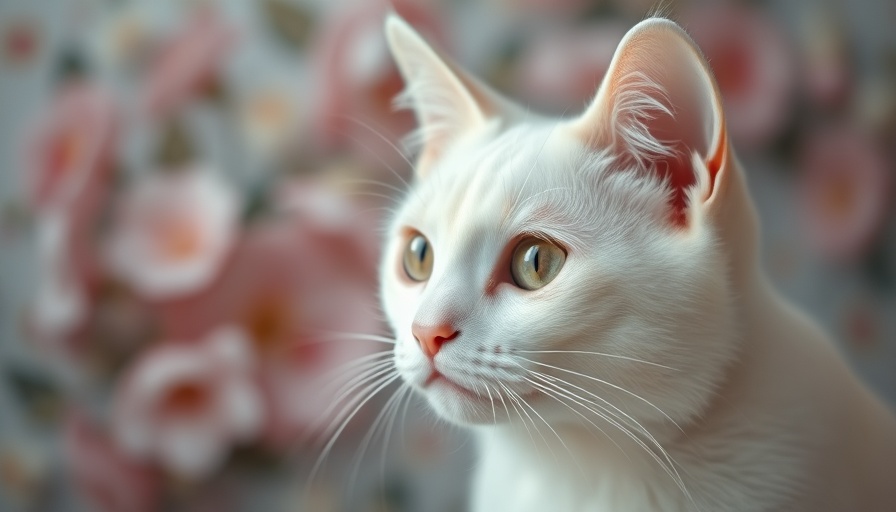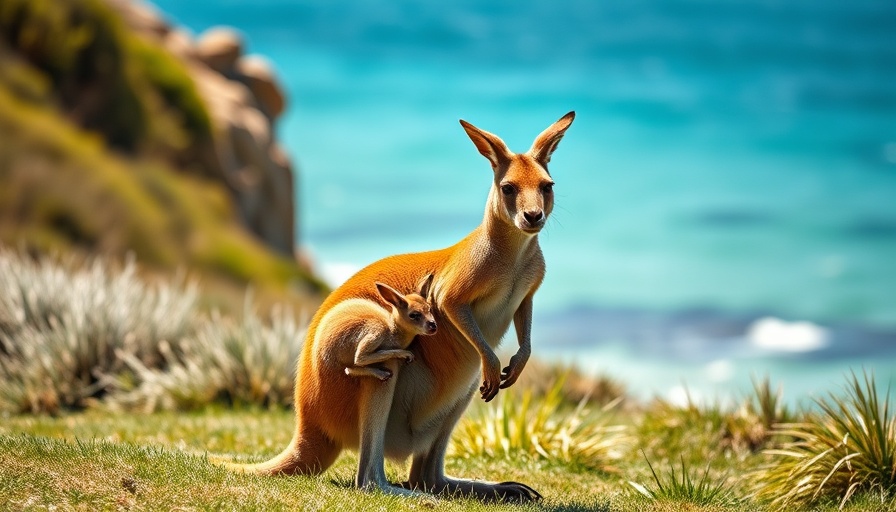
Cute Capybaras: More Than Just Adorable Faces
Capybaras, the world's largest rodents, are undeniably charming. Their big eyes and gentle demeanor can make anyone swoon at the thought of having one as a pet. However, their appeal often overshadows the reality of caring for such an animal. While capybaras are social creatures that thrive in groups, bringing them into a domestic environment may not be the wisest decision.
Understanding Capybara Care Requirements
These semi-aquatic mammals, known scientifically as Hydrochoerus hydrochaeris, require specific care that many future owners may not be prepared for. Capybaras are not typical household pets; they need access to large water bodies to submerge and swim, much like they would in their natural South American habitats. Simply providing a bowl will not suffice – they need space to engage in their beloved aquatic lifestyle.
The Social Needs of Capybaras
Another major factor to consider is that capybaras are highly social animals. Keeping just one can lead to loneliness and stress for the animal. Therefore, prospective owners would need to consider adopting at least two, doubling the space they require and the financial commitments involved in feeding and caring for them. With an appetite that can reach up to eight pounds of food daily, their dietary needs can quickly add up.
Legal and Ethical Considerations
Keeping capybaras as pets is illegal in many locations, including some large cities. It’s crucial to verify local laws regarding exotic pets before considering such an addition to your household. Moreover, introducing a wild animal into a domestic environment raises ethical concerns. It can be ethically problematic to take a creature from its natural habitat, where it thrives among its own kind, to place it in an environment that cannot meet its physical and psychological needs.
Engaging with Capybaras
Instead of attempting to keep capybaras as pets, we can appreciate these amazing animals through responsible means. Visiting wildlife sanctuaries or observing them in the wild allows for a connection with nature without compromising the wellbeing of the animals. Learning from their natural habits and their roles within the ecosystem can inspire a greater appreciation for biodiversity and conservation efforts.
In summary, while capybaras may seem like the perfect pet due to their cute appearance, the reality is that they require extensive care and consideration that often goes beyond what typical pet owners can provide. Instead, we should cherish these gentle giants from afar, preserving their right to live in the wild where they belong.
 Add Row
Add Row  Add
Add 



 Add Row
Add Row  Add
Add 

Write A Comment